Fruits & Trees
Showing 1–12 of 37 results
-
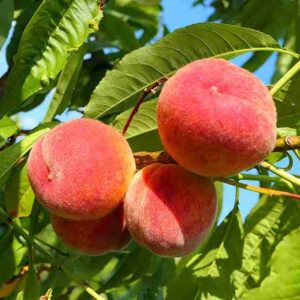
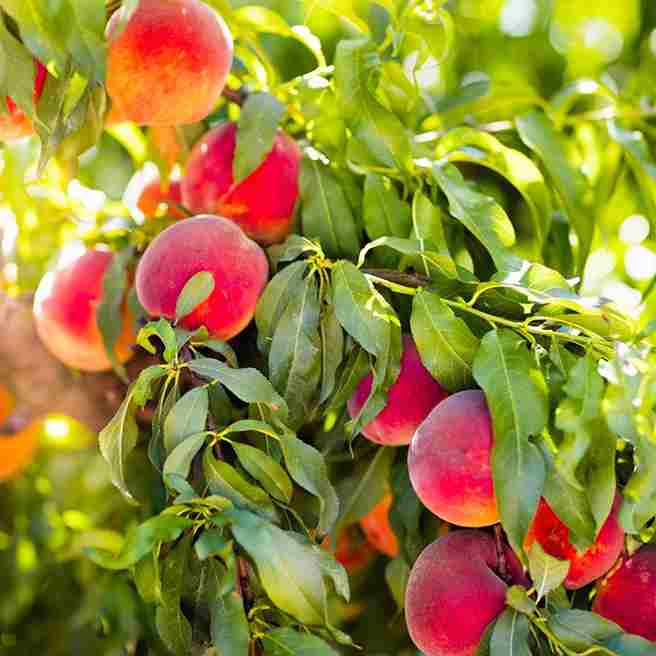
Aadu ‘Peach’
Quick ViewAadu (Peach) is a popular fruit known for its sweet, juicy flesh and fuzzy skin. Native to China, peaches are cultivated in temperate regions around the world. The fruit is characterized by its round shape, smooth skin, and vibrant colors ranging from yellow to red. Peaches are a rich source of vitamins A and C, dietary fiber, and antioxidants, making them a healthy addition to the diet.
Peach trees require well-drained soil and a sunny location for optimal growth. They thrive in temperate climates with a cold winter period, which is necessary for the dormancy phase that promotes fruiting. Regular pruning helps maintain the tree’s shape and encourages better fruit production. Peaches are versatile in culinary uses, including fresh consumption, preserves, and desserts.
NOTE: Actual product may vary due to product enhancement
-
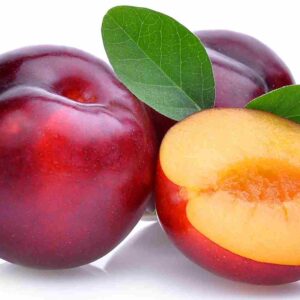
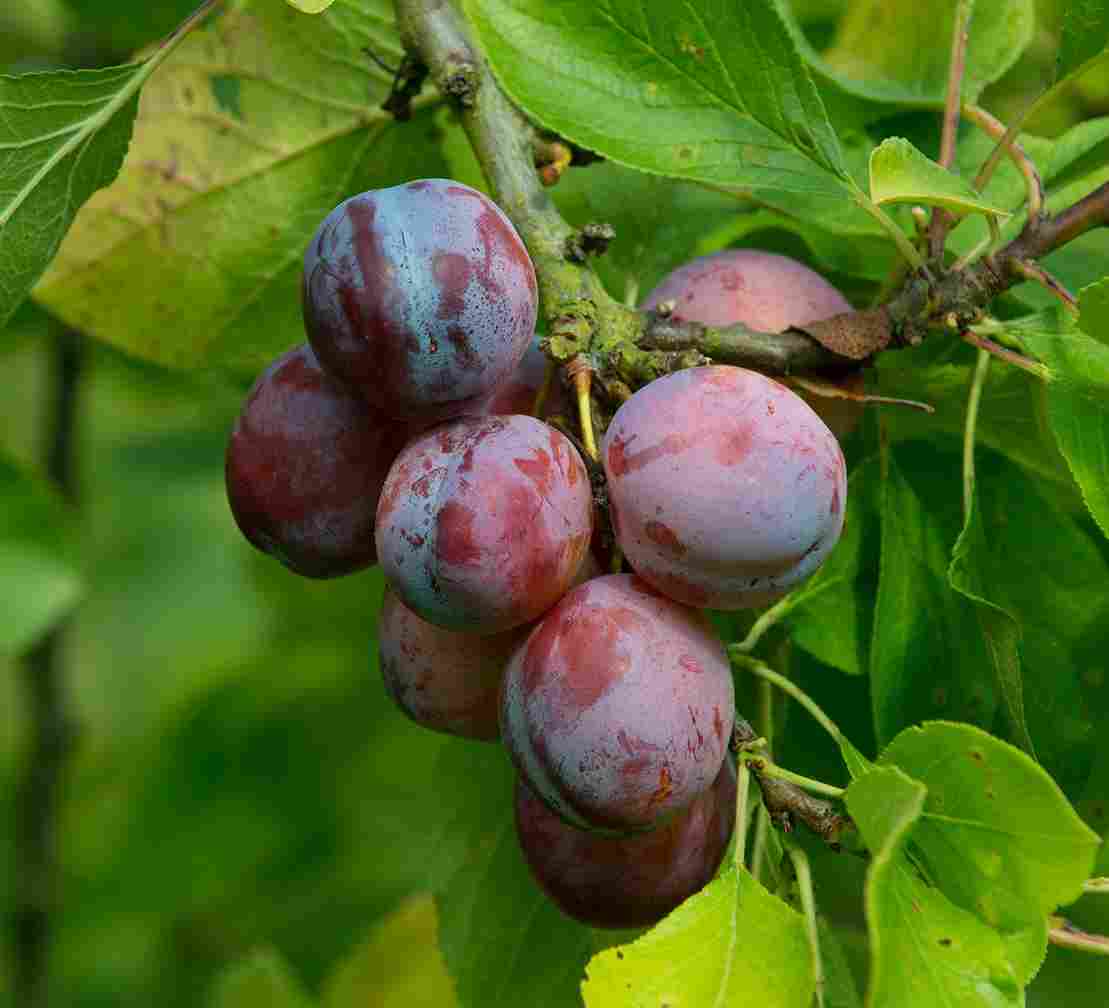
Alubukhara ‘Plum’
Quick ViewAlubukhara (Plum) is a delectable stone fruit that comes in various colors, including red, purple, and yellow. Plums are known for their juicy, tangy flavor and are rich in vitamins A and C, dietary fiber, and antioxidants. They are enjoyed fresh or used in cooking and baking, such as in jams, sauces, and pies.
Plum trees thrive in well-drained soil and prefer a sunny location. They are generally hardy and can tolerate a range of temperatures, but they do best in temperate climates. Regular pruning helps maintain tree health and productivity. Plums are also used for their medicinal properties, including aiding digestion and promoting heart health.
NOTE: Actual product may vary due to product enhancement
-
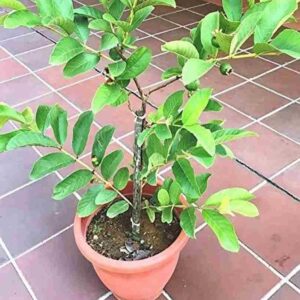
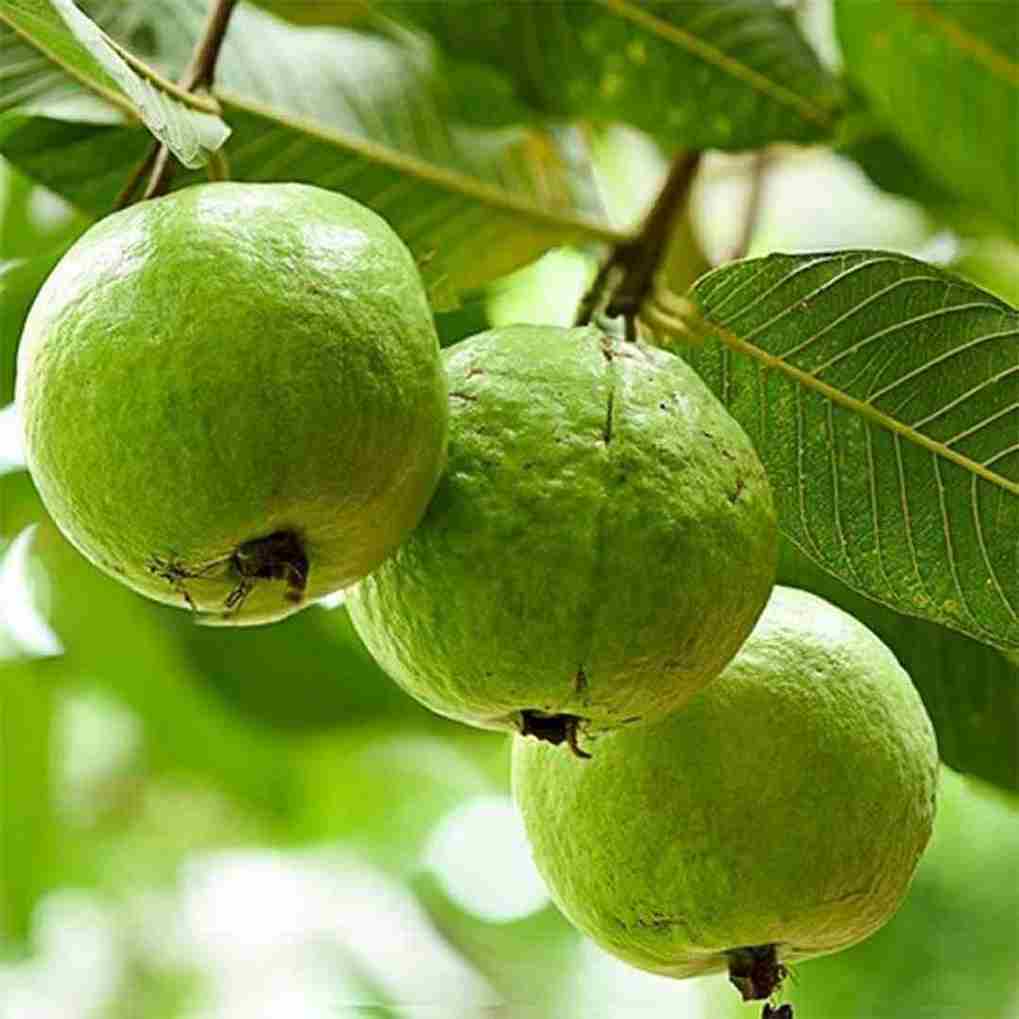
Amba ‘Guava’ Grafted
Quick ViewAmba (Guava) is a tropical fruit known for its fragrant aroma and sweet, tangy flavor. The guava tree produces green to yellow fruit with a pink or white interior, rich in vitamins A and C, dietary fiber, and antioxidants. Grafted guava trees are often preferred for their improved fruit quality and earlier fruiting compared to seedlings.
Grafted guava trees require well-drained soil and a sunny location to thrive. They are suited to tropical and subtropical climates and can tolerate some drought conditions once established. Regular watering, fertilization, and occasional pruning help maintain tree health and promote fruitful harvests. Guava is used in a variety of culinary applications, including fresh consumption, juices, and preserves.
NOTE: Actual product may vary due to product enhancement
-
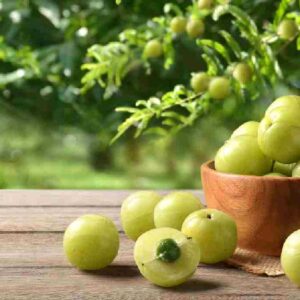
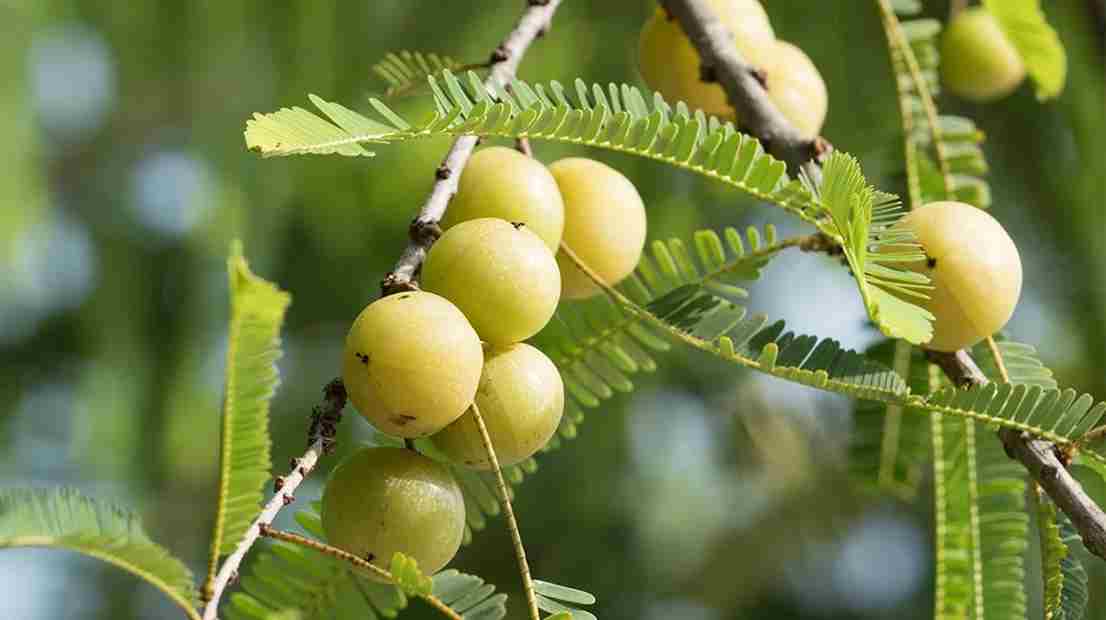
Amla ‘Indian Gooseberry’
Quick ViewAmla Fruit (Indian Gooseberry) is a highly valued fruit in traditional Indian medicine for its numerous health benefits. Known for its sour taste, amla is rich in vitamin C, antioxidants, and other nutrients that support immune health, digestion, and skin vitality. It is commonly used in Ayurvedic remedies and as a key ingredient in various health supplements.
Amla trees are hardy and thrive in well-drained, sandy soils with plenty of sunlight. They are native to India and can adapt to a range of climates, including tropical and subtropical regions. Regular watering and minimal pruning are generally sufficient to maintain tree health and promote fruit production. Amla fruit can be consumed fresh, dried, or in processed forms like powders and tinctures.
NOTE: Actual product may vary due to product enhancement
-
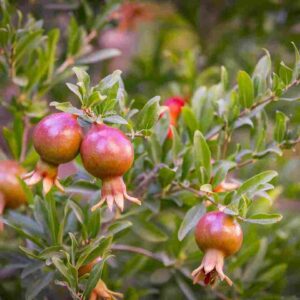
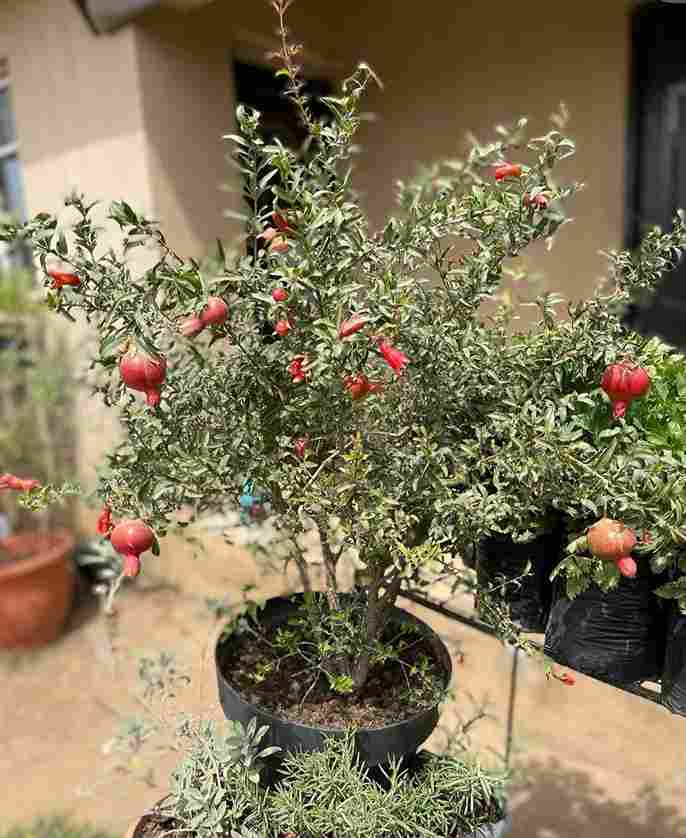
Anar ‘Ornamental Pomegranate’
Quick ViewAnar Fruit (Pomegranate) is a tropical fruit known for its juicy, ruby-red seeds and sweet-tart flavor. It is rich in vitamins C and K, antioxidants, and dietary fiber. Pomegranates are celebrated for their health benefits, including improving heart health, reducing inflammation, and supporting digestive health.
Pomegranate trees prefer well-drained soil and a sunny location. They thrive in warm climates and are relatively drought-tolerant once established. The trees can be pruned to maintain their shape and encourage better fruit production. Pomegranates are enjoyed fresh, juiced, or used in cooking and baking, and their seeds are often used as a garnish.
NOTE: Actual product may vary due to product enhancement
-
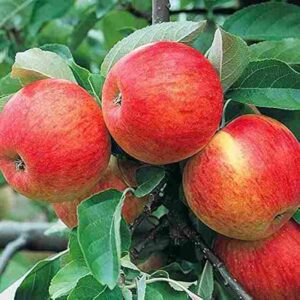
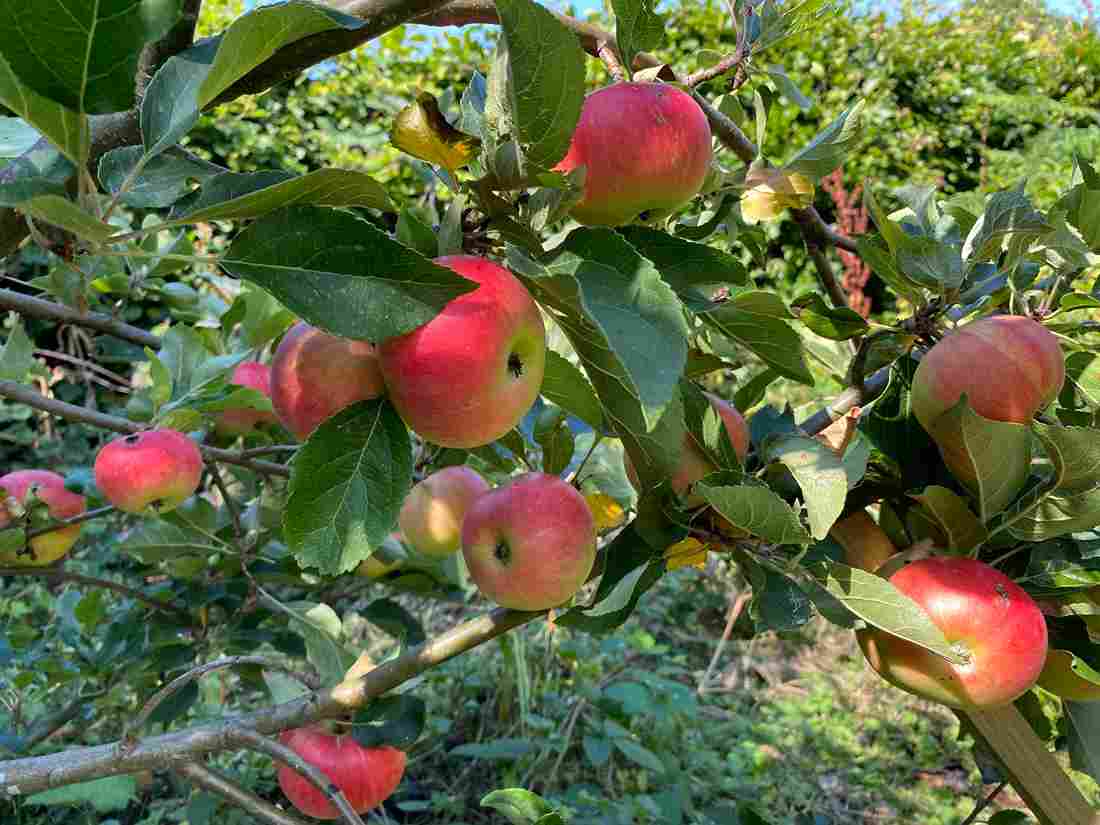
Apple Grafted
Quick ViewApple Grafted trees are cultivated varieties of apple trees that have been grafted onto rootstocks to improve fruit quality and tree performance. Grafted apple trees are known for their consistent fruit production and enhanced disease resistance compared to non-grafted varieties. Apples come in various colors and flavors, including sweet, tart, and crisp.
Grafted apple trees require well-drained soil and full sunlight for optimal growth. They thrive in temperate climates with cold winters, which help with dormancy and fruiting. Regular pruning, watering, and fertilization are essential for maintaining tree health and maximizing fruit yield. Apples are enjoyed fresh, cooked, or used in a wide range of culinary applications.
NOTE: Actual product may vary due to product enhancement
-
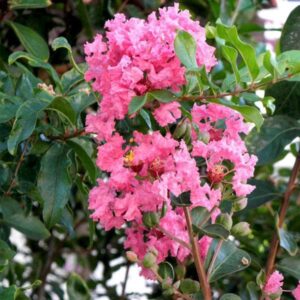
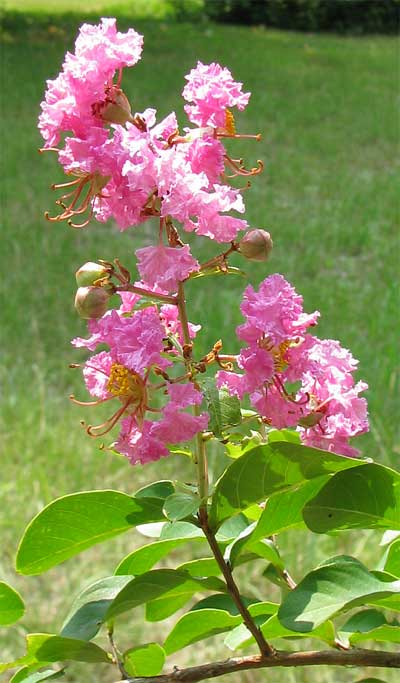
Asare Tree ‘Crape Myrtle’
Quick ViewThe Asare Tree (also known as Indian Bean Tree or Cannary Bean Tree) is a large, tropical tree known for its impressive size and ornamental value. It is characterized by its large, glossy leaves and striking clusters of white or pink flowers. The tree produces long, bean-like pods that can be used in traditional medicine.
The Asare tree thrives in well-drained soil and a sunny location, and it is well-suited to tropical and subtropical climates. Regular watering and occasional pruning help maintain the tree’s health and shape. It is often used in landscaping for its attractive foliage and flowers.
NOTE: Actual product may vary due to product enhancement
-
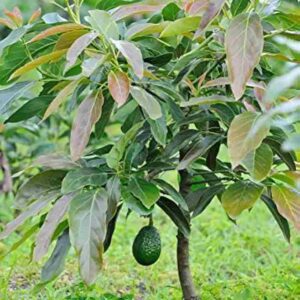
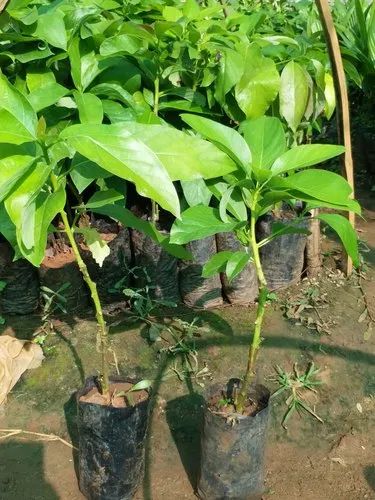
Avocado Grafted
Quick ViewAvocado Grafted trees are cultivated varieties of avocado trees that have been grafted to improve fruit quality and enhance growth characteristics. Grafted avocados are known for their high yield and consistent fruit production. The fruit is creamy and rich, providing healthy fats, vitamins, and minerals.
Grafted avocado trees require well-drained soil and a sunny location. They thrive in tropical and subtropical climates and need regular watering and fertilization. Proper pruning helps maintain tree health and promote optimal fruit production. Avocados are widely used in salads, spreads, and various culinary dishes.
NOTE: Actual product may vary due to product enhancement
-
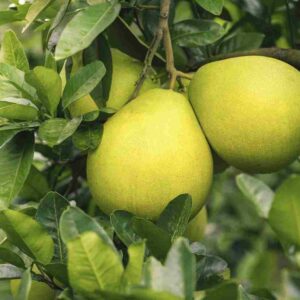
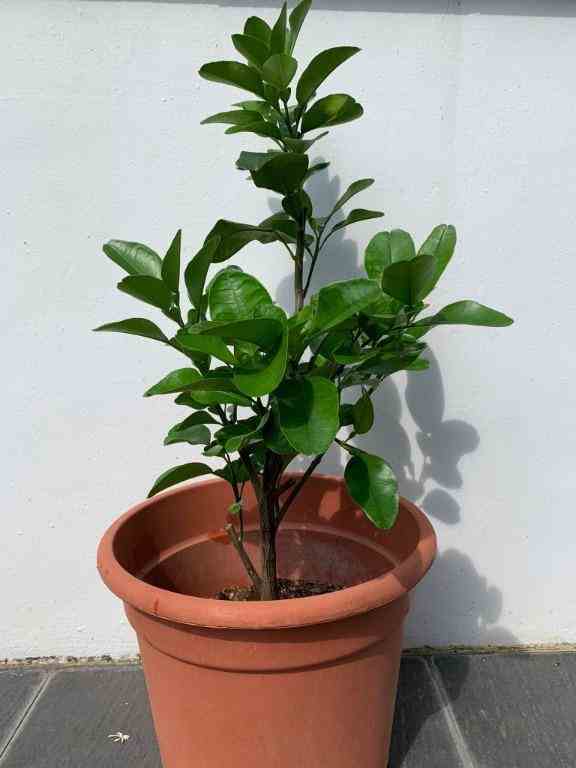
Bhogate ‘Pomelo’
Quick ViewBhogate Fruit (also known as Date Plum or Diospyros lotus) is a small, sweet fruit that is native to parts of Asia and Europe. It is characterized by its round shape and reddish-brown skin, with a flavor that resembles a combination of dates and plums. The fruit is rich in vitamins, minerals, and antioxidants.
The Bhogate tree thrives in well-drained soil and a sunny location. It is adaptable to various climates, including temperate and subtropical regions. Regular watering and minimal pruning are needed to maintain tree health and fruit production. The fruit can be eaten fresh or dried and is valued for its nutritional benefits.
NOTE: Actual product may vary due to product enhancement
-
Sale!
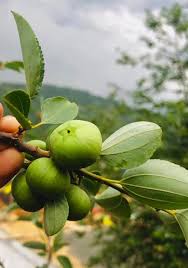
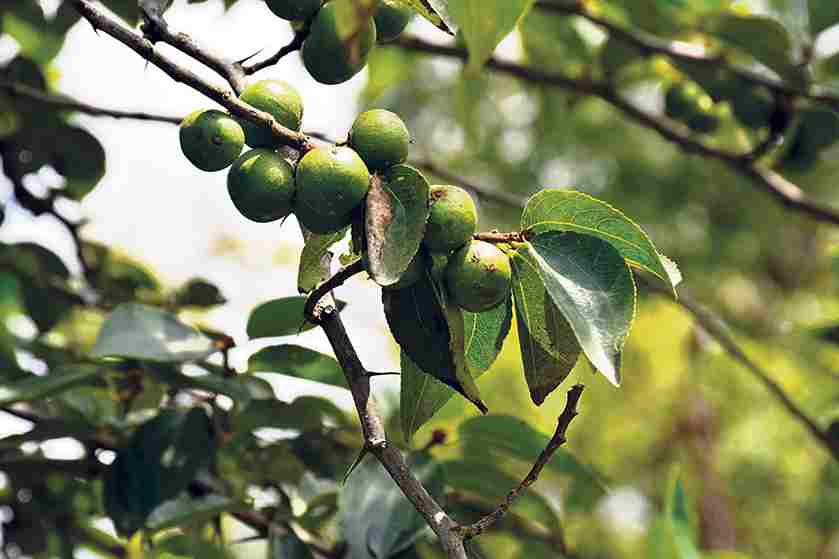 9%
9% Buddha Chitta
Original price was: ₨ 550.00.₨ 500.00Current price is: ₨ 500.00.Quick ViewBuddha Chitta, often translated as “the mind of enlightenment,” refers to the intrinsic potential within every individual to achieve Buddhahood, or complete enlightenment. This concept emphasizes the innate qualities of compassion, wisdom, and clarity that reside within us, awaiting realization and cultivation. In Buddhist philosophy, Buddha Chitta signifies not only a personal journey toward enlightenment but also the aspiration to attain this state for the benefit of all sentient beings. This selfless motivation is encapsulated in the idea of Bodhicitta, which is the commitment to achieve enlightenment in order to assist others in overcoming suffering and ignorance.
Cultivating Buddha Chitta involves a profound transformation of one’s mindset and intentions. Practices such as meditation, ethical conduct, and the development of compassion and loving-kindness are essential in nurturing this enlightened mind. By fostering qualities such as empathy and altruism, individuals can gradually awaken their Buddha Chitta, aligning their actions with the greater good. This journey is not merely about personal gain; rather, it emphasizes interconnectedness and the understanding that true fulfillment comes from serving others and alleviating their suffering. In this way, Buddha Chitta serves as both a personal goal and a universal aspiration, guiding practitioners on the path to enlightenment while reinforcing the bonds of compassion within the broader human experience.
NOTE: Actual product may vary due to product enhancement
-
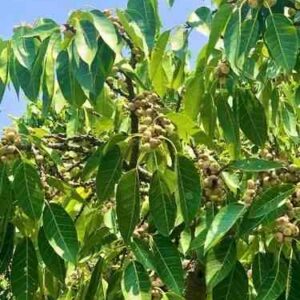
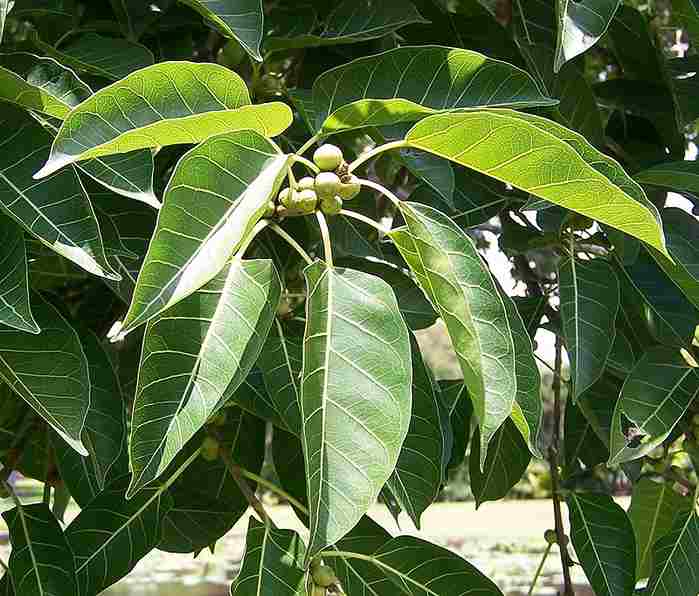
Chap Tree
Quick ViewChap Tree (also known as the Indian Laurel or Ficus virens) is a large evergreen tree native to tropical regions of India and Southeast Asia. It is known for its dense canopy and large, leathery leaves. The Chap Tree produces small, inconspicuous fruits that are eaten by local wildlife.
The Chap Tree thrives in well-drained soil and a sunny location, making it suitable for tropical and subtropical climates. It is relatively low-maintenance, requiring regular watering and occasional pruning to maintain its shape and health. The tree is often used in landscaping for its attractive foliage and dense shade.
NOTE: Actual product may vary due to product enhancement
-
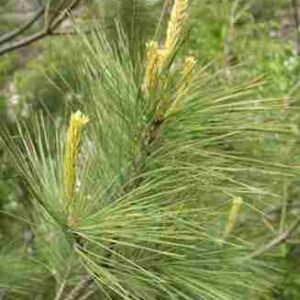
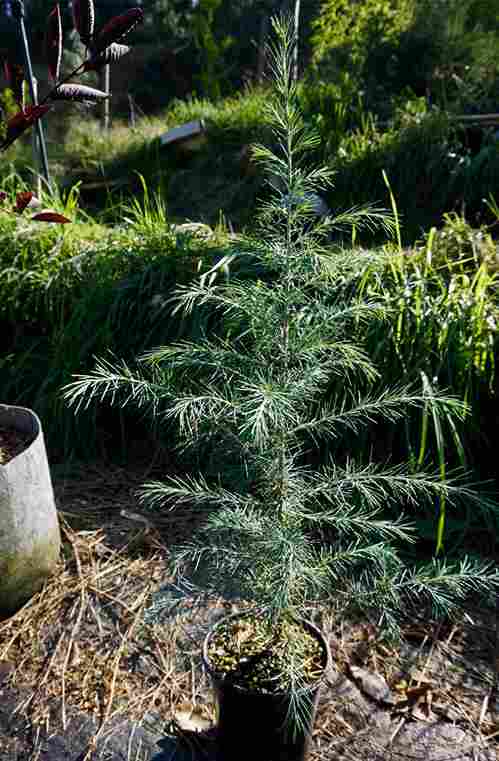
Deodar Tree
Quick ViewThe Deodar Tree (Cedrus deodara) is a majestic evergreen tree native to the Himalayas. Known for its tall, conical shape and aromatic wood, the Deodar Tree is often used for timber and ornamental purposes. The tree features long, soft needles and produces large, woody cones.
The Deodar Tree thrives in well-drained soil and a sunny location. It is well-suited to temperate climates with cool winters. Regular watering and minimal pruning help maintain its health and shape. The Deodar Tree is valued for its durability and beauty, making it a popular choice for landscaping and reforestation projects.
NOTE: Actual product may vary due to product enhancement

